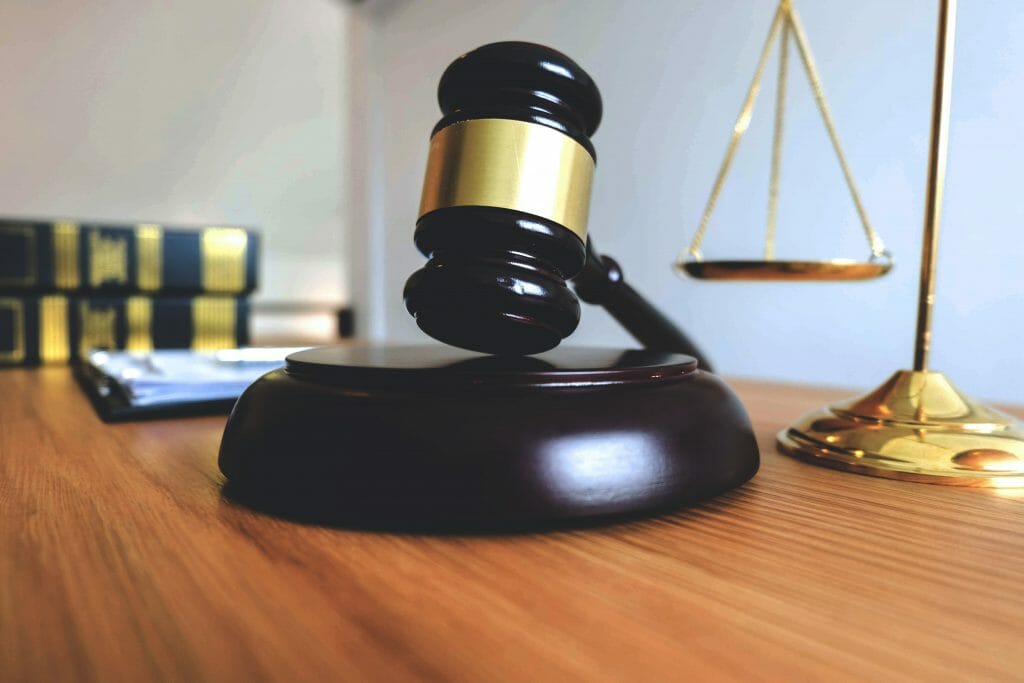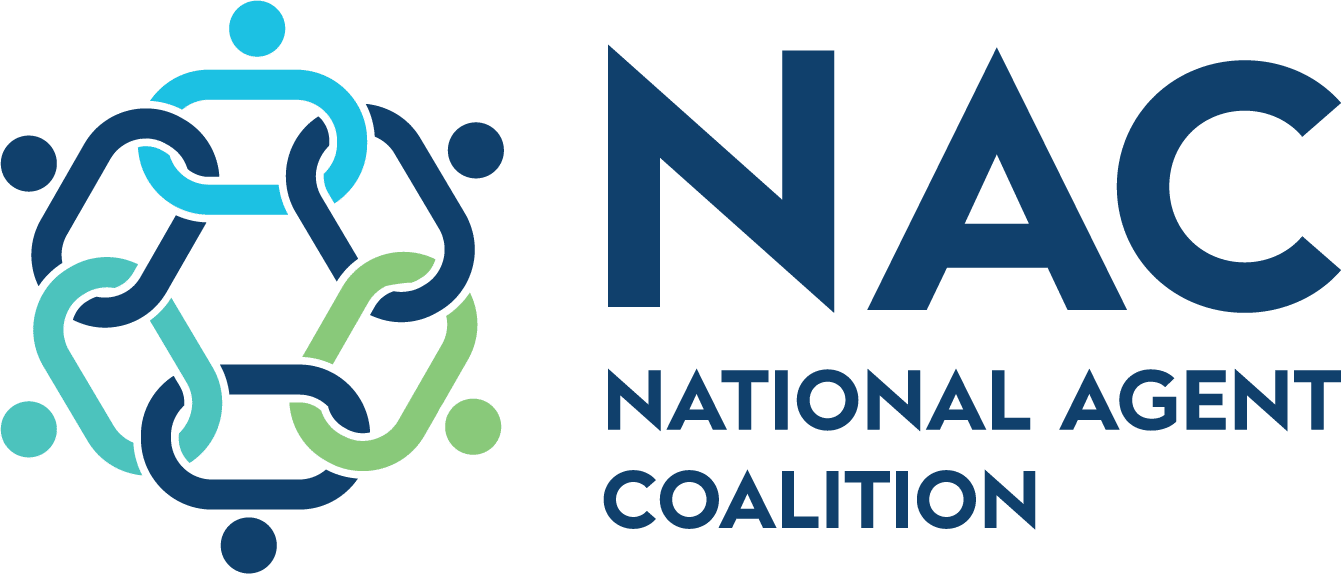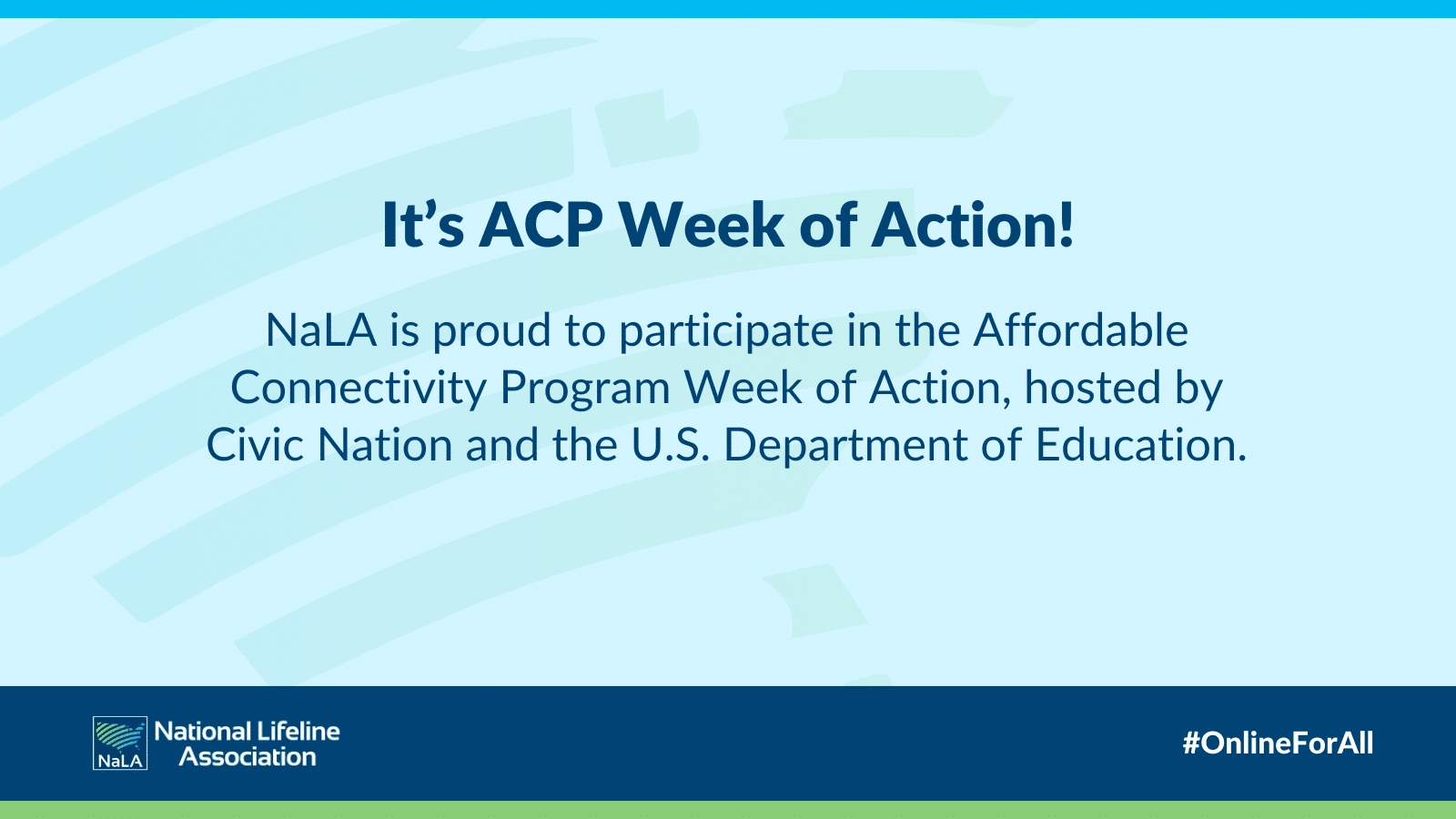
Stay Granted for FCC Tribal Lifeline Rules to Bar Wireless Resellers and Lower Subsidies for Tribal Consumers of Lifeline Program
The U.S. Court of Appeals granted National Lifeline Association (NaLA) and Tribal petitioners a stay of new FCC Tribal Lifeline rules that would have barred wireless resellers from providing Tribal Lifeline and would also limit the Tribal Lifeline program to rural Tribal areas.
 KENNETT SQUARE, PA – Last Friday, the U.S. Court of Appeals granted National Lifeline Association (NaLA) and Tribal petitioners a stay of new FCC Tribal Lifeline rules that would have barred wireless resellers from providing Tribal Lifeline and would also limit the Tribal Lifeline program to rural Tribal areas. The Court determined that allowing the Lifeline program to continue while cases are still pending will ensure program participants continue to have access to the Lifeline program while arguments continue in the case.
KENNETT SQUARE, PA – Last Friday, the U.S. Court of Appeals granted National Lifeline Association (NaLA) and Tribal petitioners a stay of new FCC Tribal Lifeline rules that would have barred wireless resellers from providing Tribal Lifeline and would also limit the Tribal Lifeline program to rural Tribal areas. The Court determined that allowing the Lifeline program to continue while cases are still pending will ensure program participants continue to have access to the Lifeline program while arguments continue in the case.
The Court stated that the FCC’s plan does not consider the harm it can cause to Lifeline businesses and customers. It is estimated that 70% of eligible consumers receive their Lifeline service from wireless resellers. The Court added that these actions would “result in a major reduction, or outright elimination, of critical telecommunications services” for Lifeline consumers and “substantial, unrecoverable losses” for Lifeline providers. Many Tribal consumers do not have an alternate option to obtain Lifeline phone or internet services if a wireless reseller ban were to be implemented. In addition, the FCC “identified no evidence of fraud or misuse of funds in the aspects of the program at issue here,” the Court wrote.
The judges also rejected the FCC’s claim that reducing subsidies would cause carriers to build their own networks in Tribal areas. They said the Commission failed to show any historical evidence that reducing subsidies would lead to more infrastructure investment. This argument was the justification for the new FCC Tribal Lifeline Rules that would eliminate wireless resellers from providing services on Tribal lands. The judges stated that the record suggested just the opposite.
In reaching its decision, it appears the Court understood that wireless resellers play a critical role in connecting low income consumers to essential communications services through the Lifeline program. Disconnecting consumers causes a digital divide.
“NaLA is pleased that the Court heard and agreed with the arguments presented and that the Court took action so the case can be decided without Tribal Lifeline subscribers, or the companies that work to serve them, suffering irreparable harm,” said David B. Dorwart, Board Chairman of NaLA. “In reaching its decision, it appears the Court understood that wireless resellers play a critical role in connecting low income consumers to essential communications services through the Lifeline program. Disconnecting consumers causes a digital divide. It does not put them first, nor does it further the Lifeline program’s core goal of ensuring that our nation’s most vulnerable consumers stay connected by making service affordable. NaLA looks forward to continue working with all stakeholders to preserve and protect the integrity of the Lifeline program so we can strive to meet this important goal.”
As advocates for preserving Lifeline, NaLA is encouraged by the Court’s statement that, “Petitioners have demonstrated a likelihood of success on the merits of their arguments.” The decision to halt the FCC’s move to prevent wireless resellers and lower Lifeline subsidies for Tribal areas is a big win for low-income Tribal consumers.
Read the full court order here: United States Court of Appeals Case #18-1026 Document #1744949 Filed on 08/10/2018
Read the original press release here.


